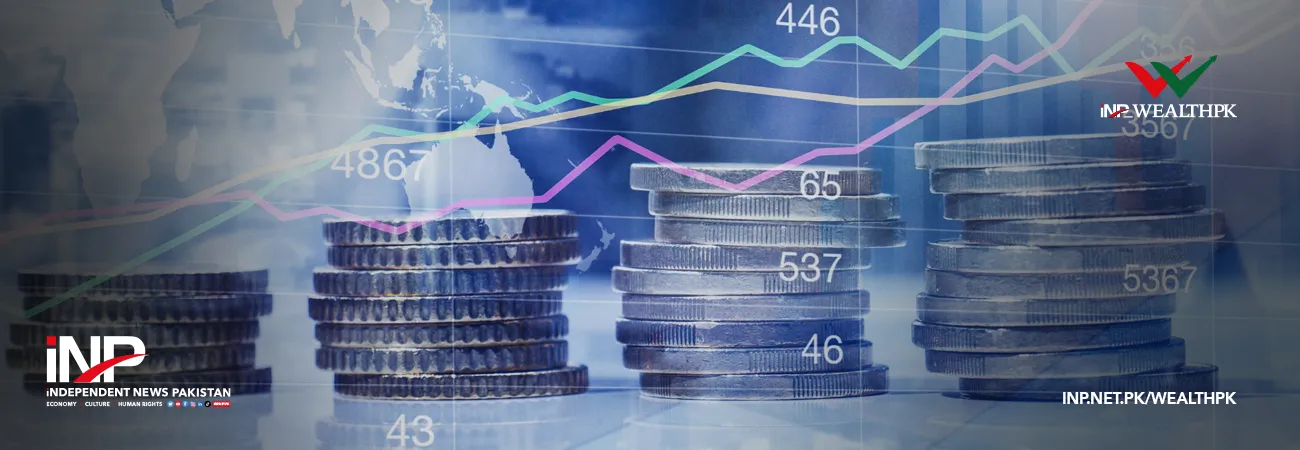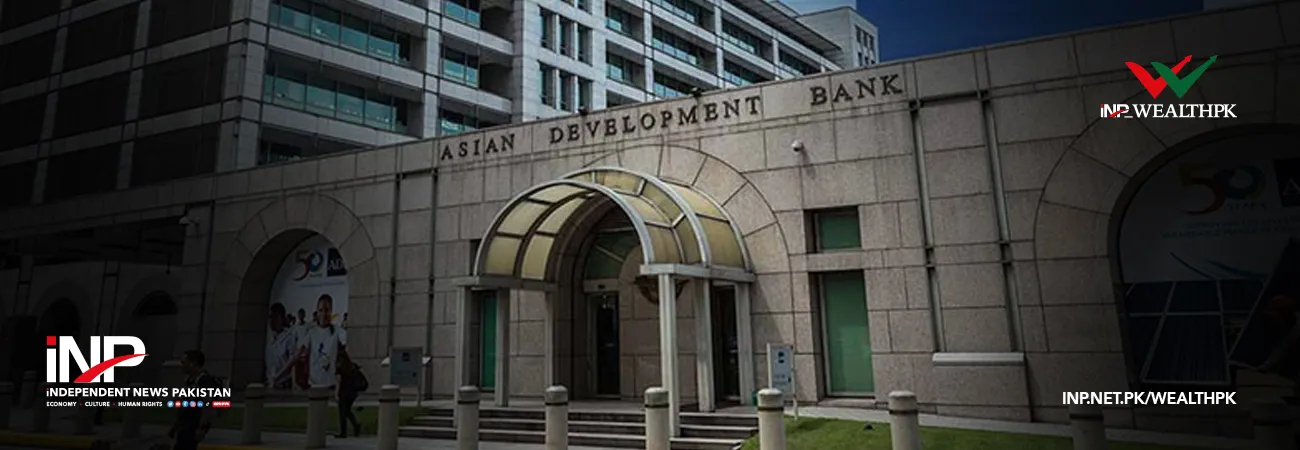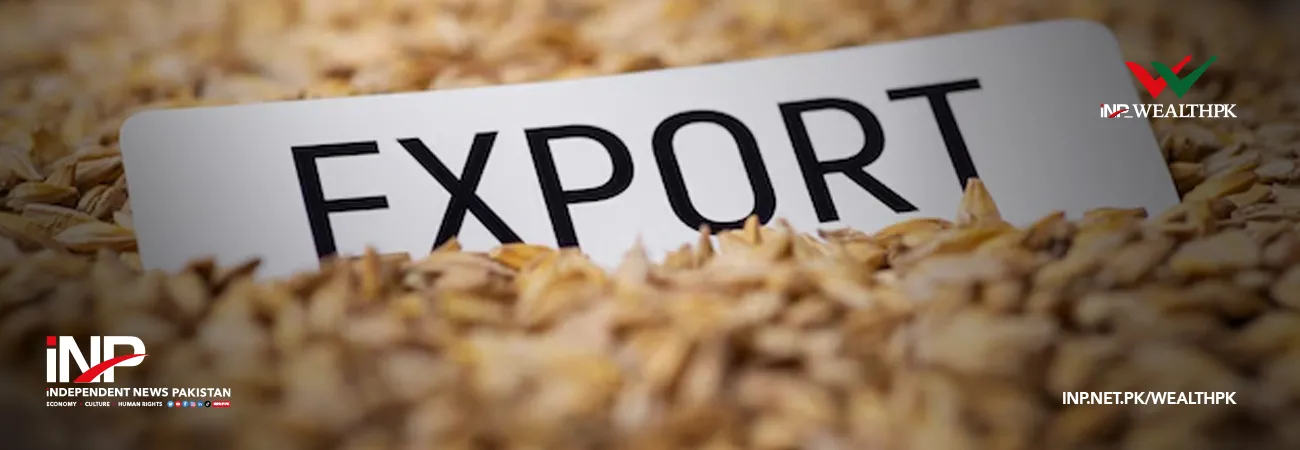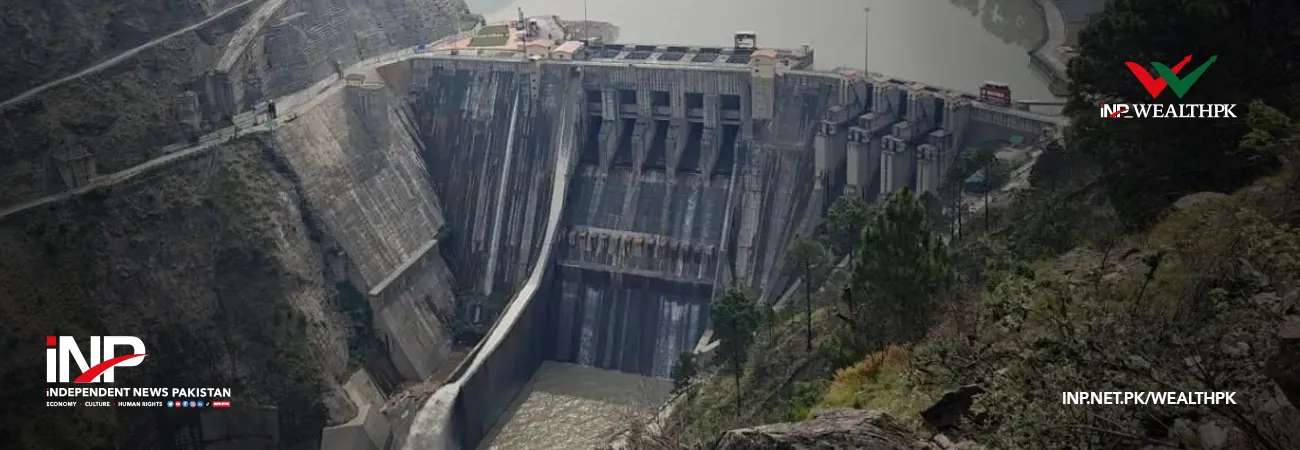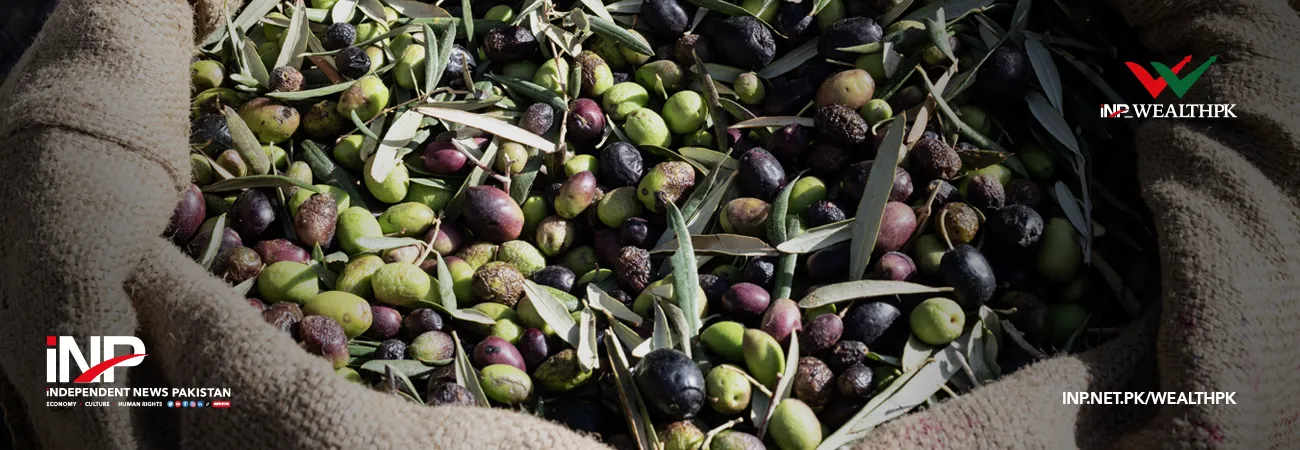INP-WealthPk
Amir Khan
The ambitious external funding goal of $18 billion for the ongoing fiscal year underscores the difficulties arising from approximately $9 billion in government debt maturities, as indicated by the global ratings agency Fitch. Dr. Muhammad Afzal, member of the Pakistan Economic Advisory Council of the Ministry of Planning Commission, told WealthPK. He said the agency underscored the difficulty in achieving the funding target, which included $1.5 billion in Eurobond/sukuk issuance and $4.5 billion in commercial bank borrowing. Dr. Afzal expressed apprehensions about the uncertainties surrounding the upcoming elections, fearing the impact on the implementation of structural reforms and consequent economic challenges. He said this decision followed a series of rating adjustments over the past year. Fitch had downgraded Pakistan's rating from "CCC+" in October 2022 to "CCC-" in February 2023 before upgrading it to the current "CCC" in July. Fitch has upheld Pakistan's long-term foreign currency issuer default rating (IDR) at "CCC." This decision comes on the heels of last month's International Monetary Fund (IMF) staff-level agreement on the first review of Pakistan's nine-month standby arrangement (SBA).
He pointed out that the agency acknowledged high but easing external risks, citing "CCC" as a reflection of substantial external funding risks amid Pakistan's high medium-term financing requirements. He added that despite some stabilization and positive performance under the current SBA with the IMF staff, Fitch remained cautious. In a statement, Fitch emphasized the importance of timely elections, anticipating a quick negotiation of a follow-up IMF program after the SBA concludes in March 2024. However, it cautioned that delays in the electoral process could jeopardize the durability of recent reforms and reintroduce political volatility. The rating agency commended the current government's proactive measures, including significant hikes in the natural gas and electricity prices and a crackdown on the black market. These steps contributed to narrowing the gap between parallel and interbank exchange rates and bringing more foreign exchange into the banking system. Fitch recognized the challenges faced by the current government, stating that the parties across Pakistan's political spectrum had a history of failing to implement or reverse the reforms agreed with the IMF. In conclusion, he highlighted the risk of consensus dissipation once economic conditions improve, stressing that any subsequent IMF program would require sweeping structural reforms.
Credit: INP-WealthPk



